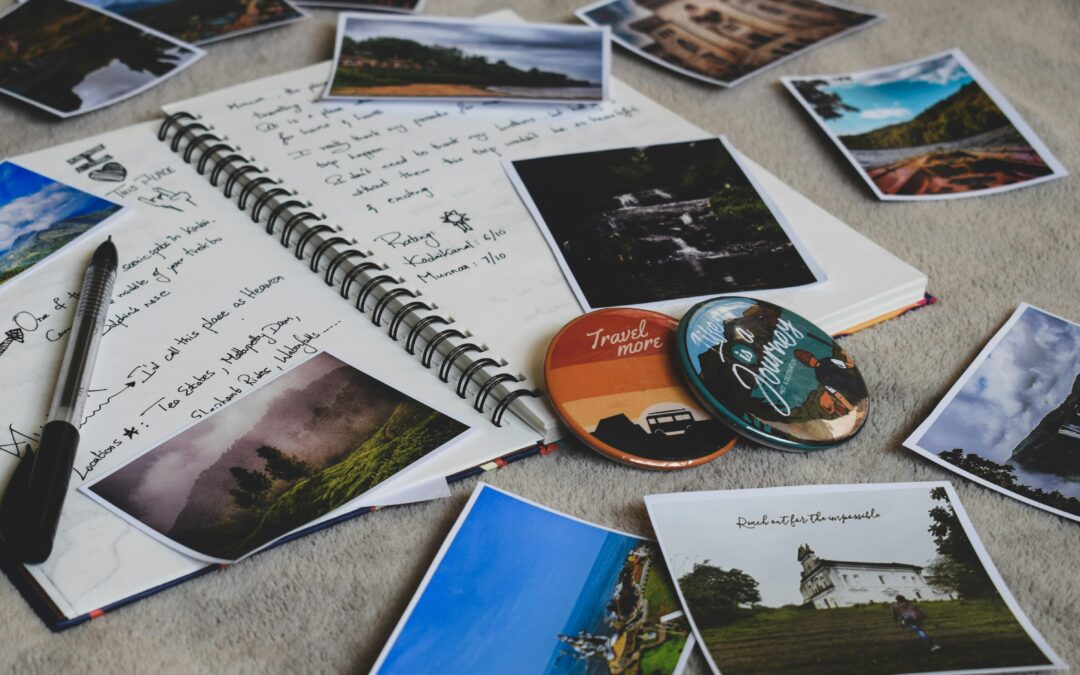Journaling is the practice of writing down thoughts, feelings, experiences, and reflections on a regular basis. It can take many forms, from freeform writing to structured prompts, and it can be done using pen and paper or digitally.
At its core, journaling is a tool for self-expression, self-reflection, and personal growth. It allows individuals to explore their inner thoughts and emotions, make sense of their experiences, and gain insight into their lives. Journaling can also help improve mental health by providing an outlet for stress, anxiety, and other emotions.
Why Journaling Matters
Journaling offers a myriad of benefits for both the mind and spirit, including:
- Self-Reflection: Journaling provides a safe and private space to explore your thoughts, feelings, and experiences, helping you gain insight into your inner world and make sense of your emotions.
- Clarity and Focus: Writing down your thoughts can help clarify your thoughts, identify patterns, and gain perspective on challenging situations, allowing you to make more informed decisions and navigate life with greater ease.
- Emotional Release: Journaling serves as a powerful outlet for expressing and processing emotions, relieving stress, and releasing pent-up feelings in a healthy and constructive way.
- Goal Setting and Accountability: Keeping a journal can help you set goals, track your progress, and hold yourself accountable for taking action towards your aspirations, fostering motivation and personal growth.
- Creative Expression: Journaling is a creative act that allows you to experiment with different writing styles, prompts, and formats, sparking inspiration and expanding your creative horizons.
Types of Journals to Explore
There are countless types of journals you can explore, each with its own unique focus and purpose. Here are a few popular options to consider:
- Daily Reflection: A journal for daily reflection allows you to capture your thoughts, experiences, and gratitude each day, providing a snapshot of your life over time.
- Gratitude Journal: A gratitude journal is a place to cultivate a mindset of appreciation by regularly writing down the things you’re thankful for, big and small.
- Dream Journal: Keep a dream journal by your bedside to record your dreams upon waking, exploring their symbolism and uncovering insights into your subconscious mind.
- Travel Journal: Document your adventures and experiences while traveling, capturing memories, reflections, and snapshots of the places you visit.
- Freeform journaling: This involves writing whatever comes to mind without any specific structure or prompts. It’s a way to let thoughts flow freely onto the page.
- Goal-oriented journaling: Here, individuals set specific goals and track their progress towards achieving them. They may also brainstorm ideas and action plans to help them reach their goals.
- Creative journaling: A creative journal is a space for artistic expression, incorporating doodles, sketches, collages, and other visual elements alongside your written reflections. It can also include using other creative methods alongside writing to express oneself and explore thoughts and feelings.
How to Start Journaling
Getting started with journaling is easy and accessible to anyone, regardless of age or experience. Here are some tips to help you begin:
- Choose Your Tools: Select a journal or notebook that speaks to you, whether it’s a classic leather-bound journal, a colorful notebook, or a digital journaling app.
- Set Aside Time: Carve out dedicated time each day or week to sit down and write in your journal, whether it’s first thing in the morning, before bed, or during your lunch break.
- Start Small: Begin with a simple prompt or question to get the words flowing, such as “What am I feeling grateful for today?” or “What’s on my mind right now?”
- Write Freely: Don’t worry about spelling, grammar, or punctuation—this is your space to express yourself authentically and without judgment.
- Experiment and Explore: Get creative with your journaling practice by experimenting with different prompts, techniques, and formats to find what resonates with you.
Journaling can be a highly personal practice, and there are no strict rules or guidelines to follow. The most important thing is to find a journaling style that resonates with you and to make it a regular part of your routine. Whether it’s a daily habit or something you do whenever you feel the need, journaling can be a valuable tool for self-discovery and personal development.

